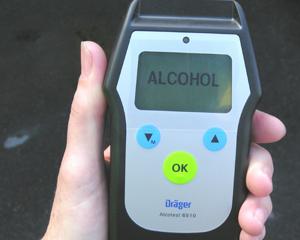
WellSouth, the primary health organisation (PHO) for Otago and Southland, has partnered with Health New Zealand Te Whatu Ora, local practices, Hokonui Rūnanga and Awarua Rūnaka to continue providing an after-hours primary care service in Invercargill.
The announcement follows the decision made by the Invercargill Urgent Doctor Society (IUDS) to close its after-hours doctors centre.
The society said long work hours faced by the centre’s general practitioners and its limited funding ultimately led to its closure.
WellSouth chief executive Andrew Swanson-Dobbs said staff at WellSouth and Te Hau o Te Ora were determined to find a long-term solution.
"We will be meeting with local general practices and Health New Zealand in coming weeks to take a longer view on this and what a more permanent solution is, but for now, we just want to keep a service going for the community."
With help from partnering organisations, WellSouth secured a range of qualified staff to provide the service, including a general practitioner, a nurse practitioner, a nurse and administrative support staff.
The clinic would continue to provide the after-hours service until further notice, but Mr Swanson-Dobbs said the staff were temporary and the PHO still needed to come up with a "long-term staffing, funding and administrative solution".
The new Invercargill After Hours Clinic, located at Te Hau o Te Ora general practice in Clyde St, will see patients from 6pm to 9pm, Monday to Friday, and from noon to 4pm on weekends and public holidays.
The face-to-face, appointment-based service is said to replicate that of the IUDS, but at a lower cost.
Most Invercargill practices have an after-hours phoneline available for clients, but it does not accommodate the need for more urgent in-person treatment.
Although the clinic would support those needing to see someone immediately, it was not an emergency department and those experiencing a medical emergency should go to Southland Hospital.
Mr Swanson-Dobbs said there was still "plenty of work to be done" but they were grateful for those in the Invercargill community who had "stepped up to make this happen".
Calls made to the IUDS would be redirected to the clinic; otherwise, people could contact the clinic directly through Te Hau o Te Ora.
"We are dedicated to supporting the access to primary care in Invercargill and see this as an opportunity to shape the future of healthcare," Mr Swanson-Dobbs said.











